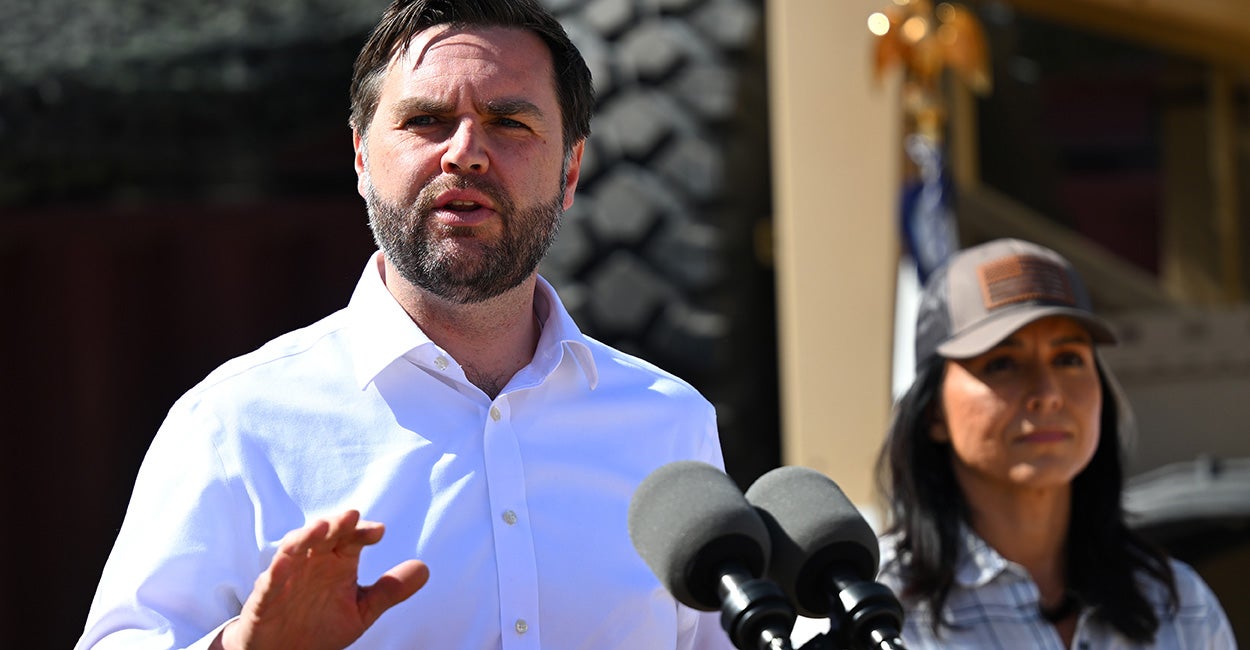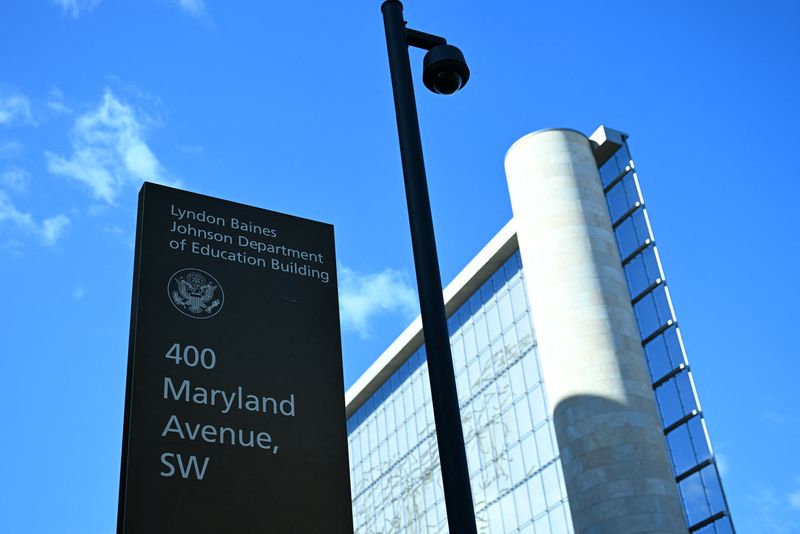German president fires starting gun for Feb. 23 election
Dissolving of parliament sets the stage for what could be Germany’s sharpest swerve to the right in decades.
German President Frank-Walter Steinmeier dissolved the lower house of parliament, or Bundestag, on Friday in a widely expected move that clears the way for an early election on Feb. 23 that Germany’s conservatives appear set to win.
The move comes after the collapse of German Chancellor Olaf Scholz’s left-leaning three-party coalition government in November over sharp disagreements on series of issues, particularly on spending.
“Especially in difficult times like these, stability requires a government capable of acting and reliable majorities in parliament,” Steinmeier said in Berlin.
Polls currently show the Germany’s conservative alliance, led by chancellor candidate Friedrich Merz, to be far ahead in the race, with 31 percent support. The far-right Alternative for Germany (AfD) is second at 19 percent, and Scholz’s center-left Social Democratic Party (SPD) is third at 17 percent.
Merz has drawn his Christian Democratic Union (CDU) sharply to the right on issues like migration and energy. Should he and his conservatives win the election, it could mark Germany’s sharpest swerve to the right in decades, though that shift is likely be be somewhat moderated by the likely participation of at least one center-left party in the next coalition.
Steinmeier’s move to dissolve parliament was another step in a highly choreographed process leading to the February election, which German leaders agreed would take place shortly after the coalition collapse in November. That collapse led to a December confidence vote, which the chancellor, as expected, lost.
Germany’s constitution, which was designed to prevent the kind of political tumult that helped enable to rise of the Nazis during the Weimar Republic, contains a series of provisions intended to make the unraveling of a government as stable and orderly as possible. The German president was required to first approve Scholz’s request to dissolve parliament and call for the early election on the agreed date.
Now, with the last procedural step completed, a condensed and intensified election campaign is set to take place over the next weeks. Germany’s ailing economy, the war in Ukraine, and migration are likely to be key issues.
Already, the campaign has been unusually heated by the relatively staid standards of German politics.
Friedrich Merz, who is leading the race to become the next chancellor, has launched a series of scathing attacks on the current chancellor, Scholz, and his SPD as well as the Greens. Scholz has returned fire, at one point referring to Merz as “Little Fritz.”
An attack on a Christmas market in Magdeburg that killed five people and injured scores more has also turned up the heat as revelations over a series of apparent security failures surfaced. The alleged attacker was a refugee from Saudi Arabia who authorities say had “Islamophobic” beliefs and made little secret of his potentially violent intentions in online posts.
The far-right AfD, now polling in second place, has seized on the attack to drive home its anti-immigration message, though the alleged attacker is reported to have sympathized with the party and to have embraced some far-right conspiracy theories.
“We want something to finally change in our country, so we can finally live in safety again,” Alice Weidel, the AfD’s chancellor candidate declared at a rally in Magdeburg after the attack.
Preceding the attack, Germans cited the economy as the most important issue ahead of the election, according to a poll for public television, followed by migration. Russia’s war on Ukraine was fourth on the list.
Germans have become increasingly worried about their country’s ailing economy, which is set to contract for the second year in a row, amid a steady drumbeat of bad economic news and announced layoffs.
What's Your Reaction?


























:quality(85):upscale()/2024/09/09/785/n/1922283/901e710666df358b373de2.40207443_.jpg?#)
:quality(85):upscale()/2024/07/23/904/n/1922283/dc92642c66a0159ee98db4.72095370_.jpg?#)
:quality(85):upscale()/2024/07/10/842/n/1922283/8fb902af668edd399936b2.17277875_.jpg?#)
:quality(85):upscale()/2024/06/07/909/n/1922283/82a389f8666372643f2065.06111128_.jpg?#)
:quality(85):upscale()/2024/06/07/726/n/1922283/10bee64e666334778cf548.63095318_.jpg?#)
:quality(85):upscale()/2025/02/27/808/n/1922398/26784cf967c0adcd4c0950.54527747_.jpg)
:quality(85):upscale()/2025/02/03/788/n/1922283/010b439467a1031f886f32.95387981_.jpg)
:quality(85):upscale()/2025/01/08/844/n/1922398/cde2aeac677eceef03f2d1.00424146_.jpg)
:quality(85):upscale()/2024/11/27/891/n/1922398/123acea767477facdac4d4.08554212_.jpg)







:quality(85):upscale()/2024/02/21/214/n/1922283/8118faa965d6c8fb81c667.06493919_.jpg?#)


